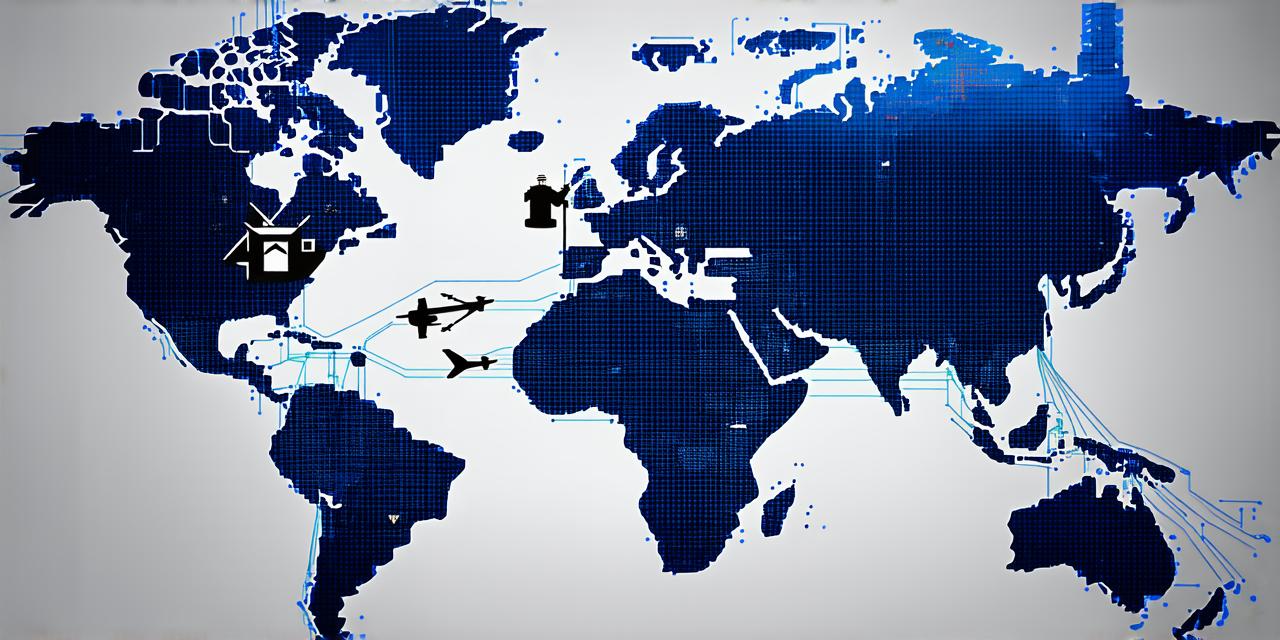Which organizations utilize outsourcing and offshoring?
BlogOutsourcing and offshoring are two common practices used by organizations to reduce costs, improve efficiency, and gain access to specialized expertise. In this article, we will explore the types of organizations that commonly utilize these strategies.
Table of Contents
Toggle1. Multinational Companies
Multinational companies are often the first to adopt outsourcing and offshoring practices. They have operations in multiple countries, making them well-suited to take advantage of different cost structures and labor markets. For example, a company based in the United States might outsource its IT services to India or China, where there is a large pool of skilled workers at a lower cost.
2. Small and Medium-Sized Enterprises (SMEs)
SMEs often use outsourcing and offshoring as a way to level the playing field against larger competitors. By partnering with an external provider, they can gain access to specialized expertise or technology that they may not have in-house. For example, an SME that specializes in manufacturing might outsource its logistics operations to a third-party provider, allowing them to focus on their core competencies.
3. Startups and Scaleups
Startups and scaleups often use outsourcing and offshoring as a way to quickly build out their teams without the burden of hiring and training employees in-house. By partnering with an external provider, they can access a pool of skilled workers who are already experienced in their specific area of expertise. For example, a startup that specializes in software development might outsource its design work to a freelance designer based in another country.
4. Government Agencies and Non-Profits
Government agencies and non-profits often use outsourcing and offshoring as a way to manage their budgets and resources more effectively. By partnering with external providers, they can access specialized expertise or technology without the need to invest in expensive infrastructure. For example, a government agency might outsource its IT services to a cloud-based provider, allowing them to focus on their core mission while leaving the IT infrastructure management to the experts.
5. Large Enterprises
Large enterprises often use outsourcing and offshoring as a way to improve efficiency and reduce costs across their operations. By partnering with external providers, they can access specialized expertise or technology without the need to invest in expensive infrastructure or train their own employees. For example, a large enterprise that specializes in manufacturing might outsource its logistics operations to a third-party provider, allowing them to focus on their core competencies while leaving the logistics management to the experts.
Conclusion

In conclusion, outsourcing and offshoring are practices used by organizations of all sizes and types to improve efficiency, reduce costs, and gain access to specialized expertise. By partnering with external providers, organizations can focus on their core competencies while leaving the management of non-core activities to the experts.
